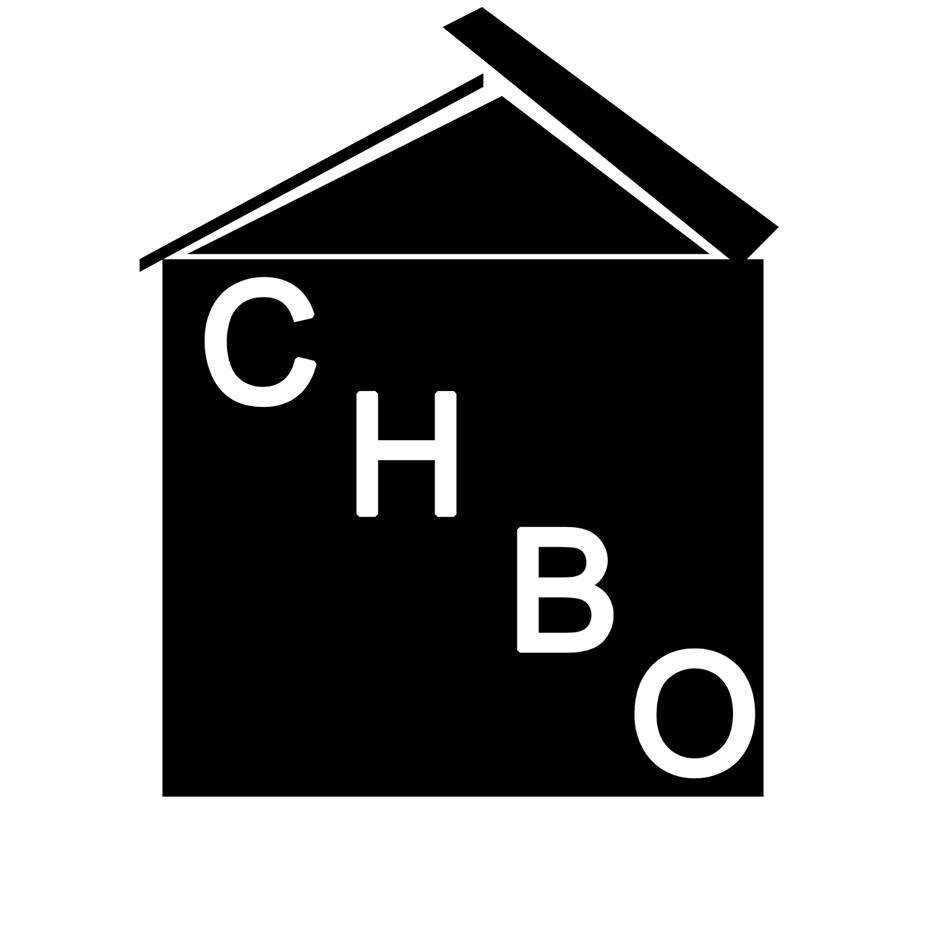Travel Health Tips from CorporateHousingbyOwner!
 Admin
Admin
Published Date: 2013-05-09 Here are some of the travel health tips from CorporateHousingbyOwner: Property Owners: Make sure you provide a list of emergency numbers like Poison Control, Fire and local hospitals. Also add to this list local urgent care facilities, pharmacies or other local tips. Laminate this information and have it on the refrigerator door. Traveler - Health Cards: Use your phone and take a photo of your health cards for backup just in case. Also have a printout of your and all your family member cards that you leave in a centralized place at home that can be easily reach if needed. Urgent Care Directories: www.besturgentcaredirectory.com or www.findurgentcare.com are two national directories to help you out. Dr Questions: www.webmd.com, www.askthedoctor.com, www.diagnose-me.com Healthcare Apps: Medscape, iTriage, WebMD, Urgent Care 911 Cell Phone: When you call 911 from a cell phone, the call often lands in a regional center. A call-taker in a far-away city or county may answer your call. To get help to you, there are two pieces of information the call-taker needs to know immediately:
- Tell the call-taker which city you're calling from.
- Tell the call-taker what type of emergency you have.
- VoIP 911 calls may not connect to the PSAP, or may improperly ring to the administrative line of the PSAP, which may not be staffed after hours, or by trained 911 operators;
- VoIP 911 calls may correctly connect to the PSAP, but not automatically transmit the user’s phone number and/or location information;
- VoIP customers may need to provide location or other information to their VoIP providers, and update this information if they change locations, for their VoIP 911 service to function properly;
- VoIP service may not work during a power outage, or when the Internet connection fails or becomes overloaded.




